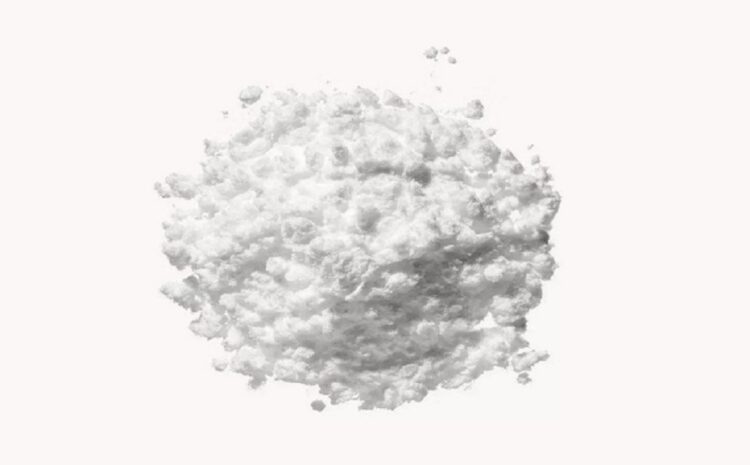Unlocking the Mysteries of THCJD: Effects and Differences from Other Cannabinoids

CBDA isolate
THCJD, also known as tetrahydrocannabidiol, is a cannabinoid that has sparked interest in the cannabis community due to its unique properties and effects. While THCJD occurs naturally in trace amounts in the cannabis plant, it is typically produced through a chemical process called isomerization from more readily available precursors like CBD. This process results in a semi-synthetic cannabinoid that differs from other cannabinoids in several key ways.
-
Effects of THCJD
THCJD is said to produce effects similar to THC (tetrahydrocannabinol), the well-known psychoactive compound in cannabis. Users report experiencing euphoria, relaxation, and a sense of heightened sensory perception. However, the effects of THCJD are said to be milder and more manageable compared to THC, making it a potentially appealing option for those seeking a less intense cannabis experience.
-
Production of THCJD
The production of THCJD involves extracting a CBDA isolate from industrial hemp and then using catalysts to convert it into THCJD through isomerization. This process allows for the creation of THCJD in a controlled environment, ensuring consistency in potency and effects.
-
Differences from Other Cannabinoids
THCJD differs from other cannabinoids, such as THC and CBD, in several ways. While THC is known for its psychoactive effects and CBD is praised for its non-intoxicating properties, THCJD falls somewhere in between. It is reported to produce mild psychoactive effects, making it potentially suitable for those looking for a more subtle cannabis experience.
-
Legal Status
The legal status of THCJD is still unclear in many jurisdictions. While it is not classified as THC, its psychoactive effects may lead to regulatory scrutiny in some areas. Consumers need to be aware of the laws regarding THCJD in their region before purchasing or using products containing this cannabinoid.
-
Potential Benefits
Like other cannabinoids, THCJD is believed to offer potential therapeutic benefits. While research is still limited, anecdotal evidence suggests that THCJD may help alleviate symptoms such as pain, anxiety, and insomnia. However, more research is needed to fully understand the effects and potential benefits of THCJD.
In Conclusion
THCJD is a cannabinoid that offers a unique cannabis experience with mild psychoactive effects. Produced through a chemical process from CBD, THCJD differs from other cannabinoids in its effects and potential benefits. While it is still relatively new to the cannabis scene, THCJD has the potential to become a popular choice among those seeking a more manageable cannabis experience. As with any cannabinoid, it’s essential to approach THCJD with caution and to purchase from reputable sources to ensure product quality and safety.